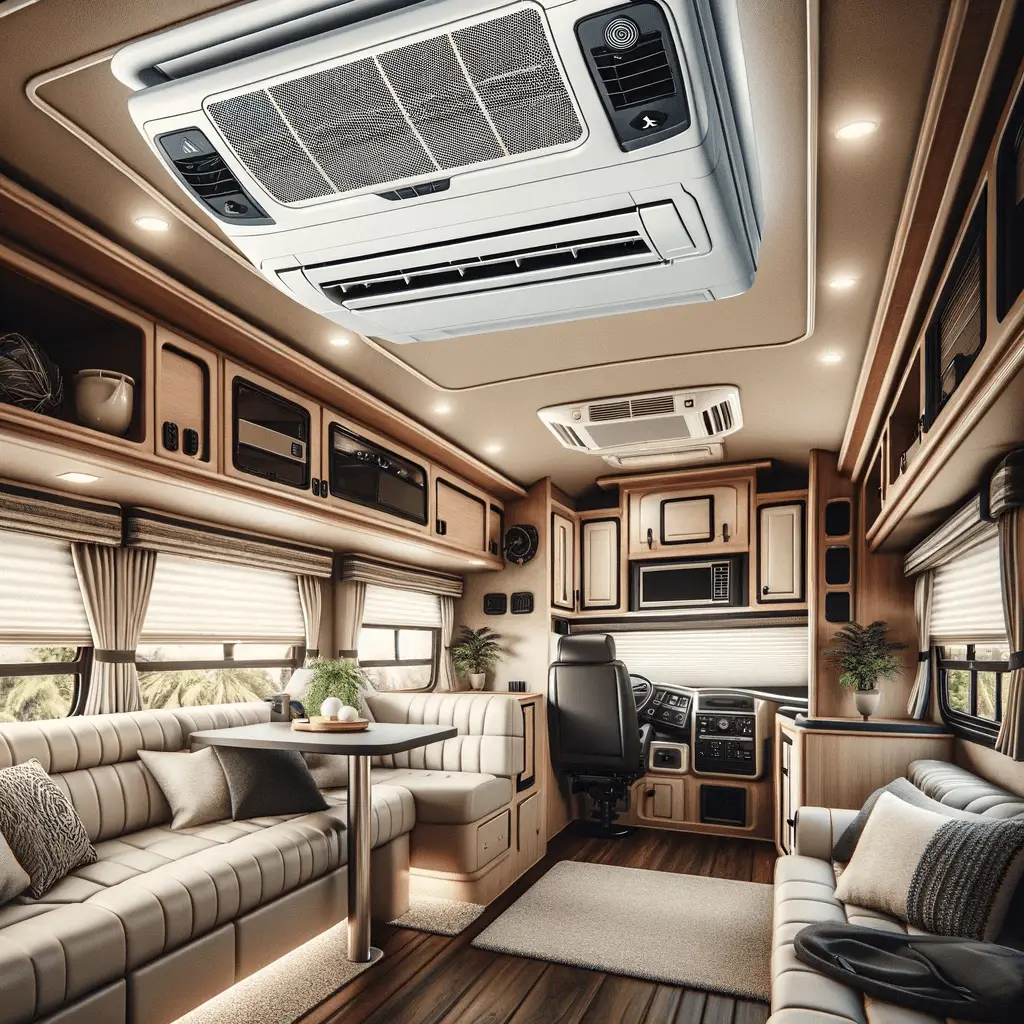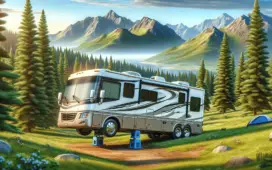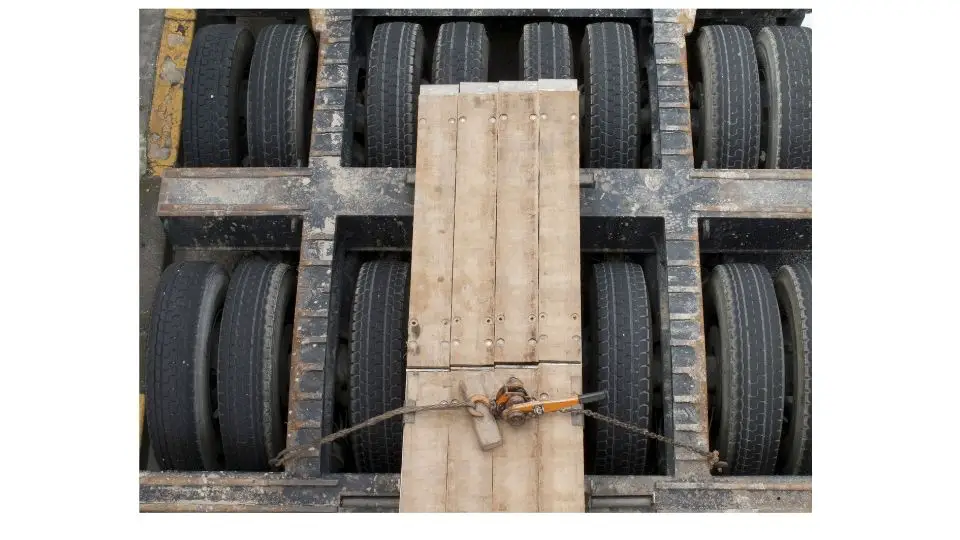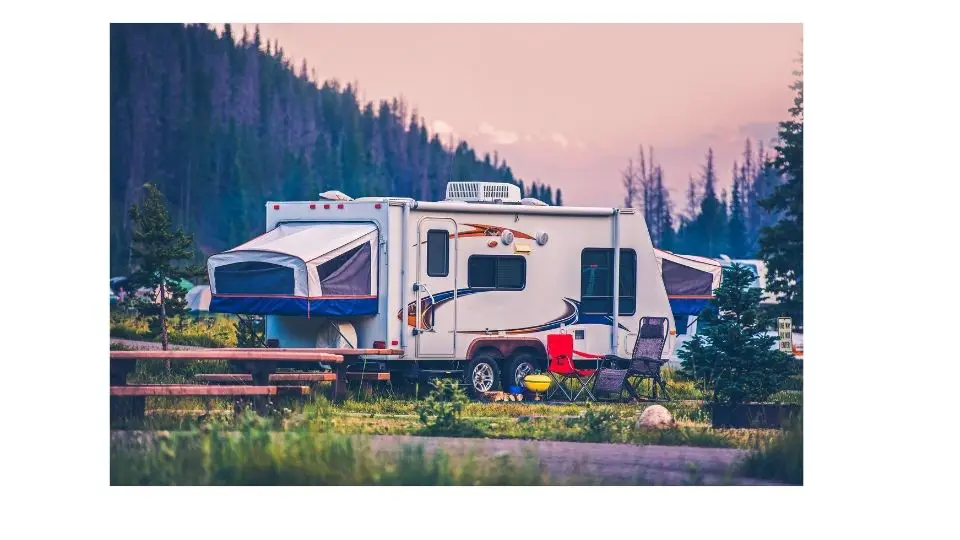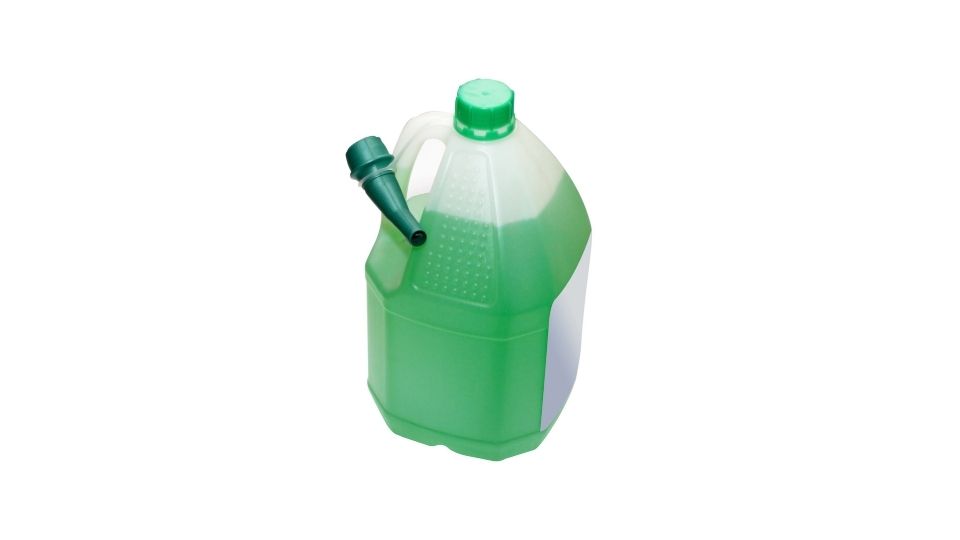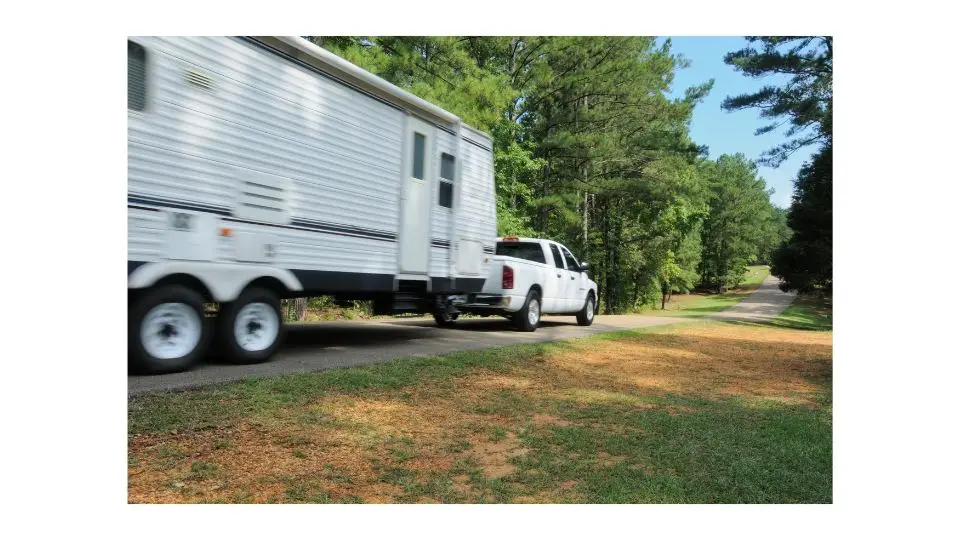If you’re planning a trip in your RV, you want to make sure that everything is working properly before you hit the road. One of the most important components of your RV is the air conditioning system.
If your RV air conditioner is not blowing cold air, it can make for an uncomfortable trip, especially during the hot summer months. In this article, we will discuss some common reasons why your RV air conditioner may not be blowing cold air and what you can do about it.
There are several common reasons why your RV air conditioner may not be blowing cold air. These include issues with the thermostat, problems with the fan, low freon levels, a dirty compressor, or a burned-out capacitor. In the next section, we will discuss troubleshooting steps you can take to diagnose and fix these issues.
Key Takeaways
- Understanding how your RV air conditioner system works is crucial in troubleshooting issues.
- Common reasons for your RV air conditioner not blowing cold air include issues with the thermostat, fan, freon levels, compressor, or capacitor.
- Troubleshooting steps can help you diagnose and fix these issues, but professional help and regular maintenance can prevent future problems.
Understanding RV Air Conditioner Systems
When it comes to understanding your RV air conditioning system, it’s important to know the basics. The two main types of RV air conditioners are rooftop units and portable units. Rooftop units are installed on the roof of your RV and are ducted throughout the vehicle, while portable units are self-contained and can be moved from room to room.
Regardless of the type of RV air conditioner you have, the system works by removing heat and humidity from the air inside your RV and releasing it outside. To do this, the system uses a refrigerant, which is compressed and expanded to absorb and release heat.
One of the most important components of your RV air conditioning system is the compressor. This is what compresses the refrigerant and pumps it through the system. If your RV air conditioner is not blowing cold air, it could be due to a faulty compressor or low refrigerant levels.
Another important component of your RV air conditioning system is the evaporator coil. This is where the refrigerant absorbs heat from the air inside your RV. If the evaporator coil is dirty or clogged, it can reduce the efficiency of your system and cause it to blow warm air.
Regular maintenance of your RV air conditioning system is important to keep it running efficiently. This includes cleaning or replacing the air filter, checking the refrigerant levels, and inspecting the system for any leaks or damage. By taking care of your RV air conditioning system, you can ensure that it will keep you cool and comfortable on your next adventure.
Common Reasons for Not Blowing Cold Air
If your RV’s air conditioner is not blowing cold air, there could be several reasons why. Here are some of the most common reasons:
Low Refrigerant Levels
If your RV air conditioner is not blowing cold air, it could be due to low refrigerant levels. Over time, refrigerant levels can drop due to leaks or other issues. If you suspect that your RV’s air conditioner is not blowing cold air due to low refrigerant levels, you will need to have a professional recharge the system.
Faulty Compressor
Another common reason why your RV’s air conditioner is not blowing cold air is a faulty compressor. The compressor is responsible for compressing the refrigerant and circulating it through the system. If the compressor is not working properly, the refrigerant will not be able to circulate properly, and the air conditioner will not blow cold air. If you suspect that your RV’s air conditioner is not blowing cold air due to a faulty compressor, you will need to have it replaced by a professional.
Blocked Condenser Coils
Blocked condenser coils can also cause your RV’s air conditioner to not blow cold air. Over time, dirt, debris, and other contaminants can build up on the condenser coils, reducing their ability to transfer heat. If the condenser coils are blocked, the air conditioner will not be able to cool the air properly. You can clean the condenser coils yourself using a soft brush and a vacuum cleaner, or you can have a professional clean them for you.
By addressing these common issues, you can get your RV’s air conditioner blowing cold air again and enjoy a comfortable trip.
Troubleshooting Steps
If your RV air conditioner is not blowing cold air, there are some troubleshooting steps you can take to identify and fix the problem. Here are some steps you can take to troubleshoot your RV air conditioner:
Checking Refrigerant Levels
One common reason for an RV air conditioner not blowing cold air is low refrigerant levels. The refrigerant is responsible for absorbing heat from the air, cooling it, and then circulating it back into the RV. If the refrigerant levels are low, the cooling capacity of the system decreases, resulting in warm air being blown instead of cold air.
To check the refrigerant levels, you will need to use a refrigerant gauge. If the refrigerant levels are low, you may need to add more refrigerant to the system. However, it is important to note that adding refrigerant is not always the solution, as the refrigerant may be leaking from the system.
Inspecting the Compressor
The compressor is responsible for compressing the refrigerant and circulating it through the system. If the compressor is not working properly, the refrigerant will not be able to circulate properly, resulting in warm air being blown instead of cold air.
To inspect the compressor, you will need to remove the shroud from the RV air conditioner and visually inspect the compressor. Look for signs of damage or wear and tear, such as cracks or leaks. If the compressor is damaged, it will need to be replaced.
Cleaning the Condenser Coils
The condenser coils are responsible for removing heat from the refrigerant and releasing it outside the RV. If the condenser coils are dirty or clogged, they will not be able to remove heat from the refrigerant properly, resulting in warm air being blown instead of cold air.
To clean the condenser coils, you will need to remove the shroud from the RV air conditioner and use a soft brush or cloth to clean the coils. Be sure to remove any debris or dirt that may be clogging the coils. You may also want to use a coil cleaner to ensure that the coils are thoroughly cleaned.
By following these troubleshooting steps, you should be able to identify and fix the problem with your RV air conditioner not blowing cold air. If these steps do not work, you may need to seek the help of a professional HVAC technician.
Professional Help and Maintenance Tips
If you’ve tried all the troubleshooting tips and your RV air conditioner still isn’t blowing cold air, it may be time to seek professional help. An experienced HVAC technician can diagnose and fix the issue quickly and efficiently. Here are a few things to keep in mind when seeking professional help:
- Look for a technician who specializes in RV air conditioners. Not all HVAC technicians are familiar with the unique needs of RV air conditioners, so it’s important to find someone who has experience working on these systems.
- Ask for references and read reviews online before hiring a technician. This will help you ensure that you’re working with someone who has a good reputation and a track record of success.
- Be prepared to pay for the technician’s time and expertise. While it may be tempting to try to fix the issue yourself to save money, a poorly executed repair could end up costing you more in the long run.
In addition to seeking professional help, there are a few maintenance tips you can follow to keep your RV air conditioner running smoothly:
- Clean or replace the air filter regularly. A dirty air filter can restrict airflow and reduce the efficiency of your air conditioner.
- Keep the coils clean. Dirt and debris can accumulate on the coils and reduce the efficiency of your air conditioner. Use a soft brush or compressed air to clean the coils periodically.
- Check the refrigerant level. Low refrigerant levels can cause your air conditioner to blow warm air. If you suspect that your refrigerant level is low, contact a professional HVAC technician to have it checked and refilled if necessary.
By following these tips and seeking professional help when necessary, you can keep your RV air conditioner running smoothly and enjoy cool, comfortable air on all your adventures.
